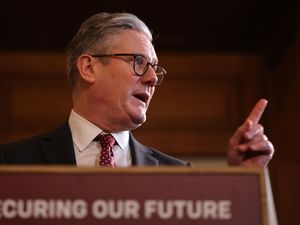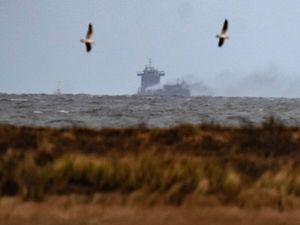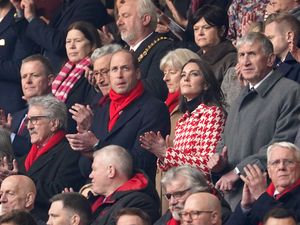Polls open across the country for local elections
Most of the seats up for re-election were last contested in 2021.
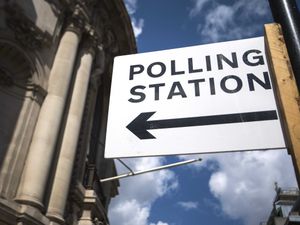
Voters head to the polls on Thursday in a series of local elections seen as the final test of public opinion before Rishi Sunak goes to the country later this year.
Forecasts suggest the Tories could lose up to half of the council seats they are defending, with Chancellor Jeremy Hunt saying the party expects to suffer “significant losses”.
Most of the seats up for re-election were last contested in 2021, at the peak of Boris Johnson’s popularity as the Covid-19 vaccine was rolled out.
A total of 11 mayoral contests are also taking place, including for the London mayoralty between frontrunners, Labour incumbent Sadiq Khan and Tory challenger Susan Hall.
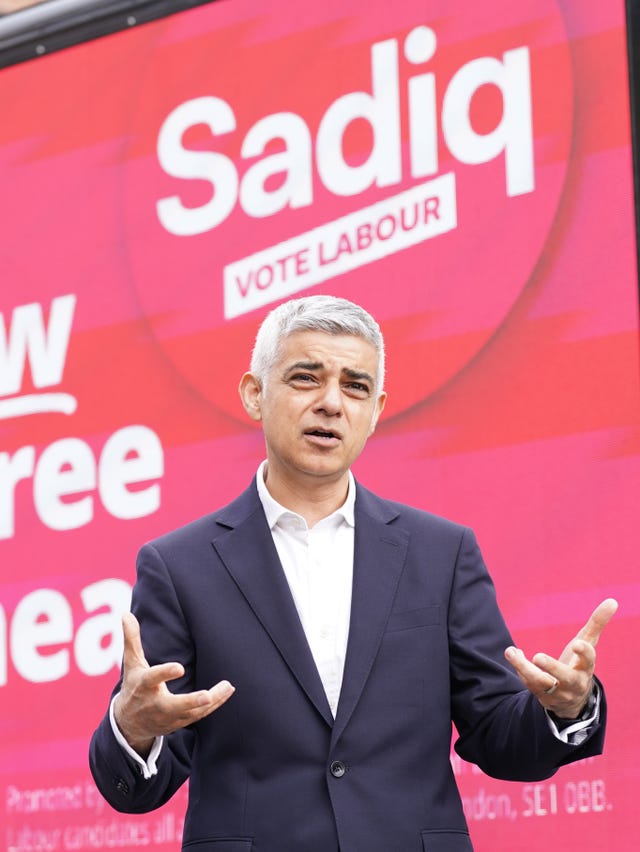
Conservative mayors Andy Street in the West Midlands, and Tees Valley’s Ben Houchen are also facing key re-election battles, with polls suggesting narrow contests with their Labour opponents.
Forecasts have consistently put Mr Khan ahead of Ms Hall, with a poll published on Wednesday by Savanta giving him a 10-point advantage after his lead tapered over the campaign.
Both main parties have sought to manage expectations ahead of polling day, with Mr Hunt insisting governments can get “punished” in local votes.
He told Sky News’ Politics Hub: “Tony Blair easily lost those amounts of councillors. And, you know, David Cameron lost hundreds of councillors in the run up to the 2015 general election.
“So, you know, we are expecting to see significant losses. That often happens in local elections.
“But what we say to people is, look, this may be a moment when you want to express a view about the national picture but actually the local services you depend on will be decided by how you vote.”
Meanwhile Labour said the mayoral system favours incumbents, though Sir Keir Starmer said he is “hopeful” it will win the West Midlands contest in an interview with Sky News.
Wins for both Mr Street and Mr Houchen would offer the Tories a ray of light in what forecasts suggest could be a dismal set of results, but experts warned the metro mayor races would be the “least reliable indicator” of what could happen at a general election.
Both received backing from Mr Johnson, whose interventions the Prime Minister’s press secretary said were welcome despite both candidates having appeared to have distanced themselves from their party allegiance throughout campaigning.
Sir John Curtice told an Institute for Government event on Wednesday the Conservative Party was emphasising the two contests “because they think they might manage to win the contest and therefore they’ll be able to cover whatever disasters happen elsewhere”.
“Because of the personal votes of these two, (these contests are) going to be the least reliable indicator,” he said.
“Equally, conversely here in London, Sadiq Khan will not do as well as the Labour Party would do in a general election because Sadiq has a negative personal vote. But this city is now so strong Labour, he’s going to win anyway,” he said.
In a final message before polling stations open, Sir Keir said: “Britain is, despite everything this Tory government has thrown at it, a great country.
“Its people, businesses, and communities continue to come together in the face of adversity. It is a strong nation of pride and potential, with boundless ambition for its family and its community.
“But it needs a government to match that ambition, and with a plan to unlock it. Today, you have a chance to vote for that change, and pass a verdict on fourteen years of decline. You can start to rebuild our country and take your community in a different direction.”
The Opposition has also indicated it hopes to win the Blackpool South Westminster by-election, which is taking place concurrently on Thursday.
The Liberal Democrats, who have focused campaigning efforts in traditional Conservative areas, said polling day would be a moment for the Prime Minister to “face the music”.
Sir Ed Davey said the results would be a “damning verdict on record waiting lists, sewage destroying rivers, and the worst cost of living crisis in a generation”.
“The country knows the buck stops at the door of Downing Street,” he said.



